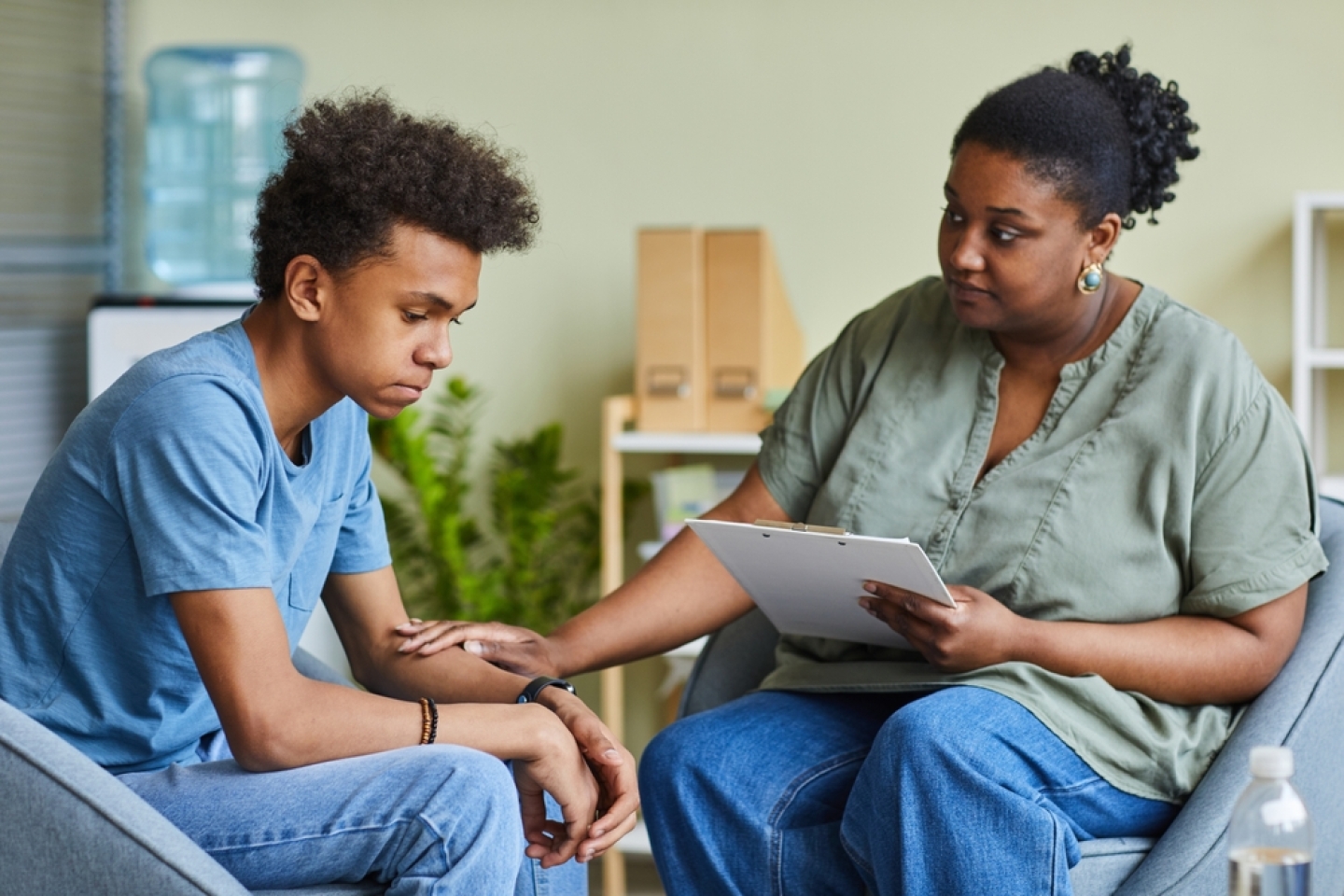
Worried about your teen’s mental health? You’re not alone. The Centers for Disease Control and Prevention report that 4% of children ages 3 to 17 have been diagnosed with depression, and 11% have anxiety.
“We’re definitely seeing an increase in anxiety and other mental health issues in teens and adolescents,” says Dr. Andrea Temkin-Yu, assistant attending psychologist and assistant professor of psychology in Clinical Psychiatry at Weill Cornell Medicine. “With all the parenting advice online and on social media, it’s easy to feel lost.”
According to the National Alliance on Mental Illness, half of all mental health problems start before a child reaches age 14. Parents and caregivers can help recognize these issues by paying attention to the warning signs.
Symptoms that may indicate children or teens are experiencing mental health issues include:
Of course, some of these symptoms can just be typical teenage stuff. So, when are they something to worry about?
“What parents want to pay attention to is if they’re seeing multiple changes ongoing over time,” Dr. Temkin-Yu says. “It won’t just be one weird week of appetite changes or other symptoms; it’ll be ongoing. And it will happen at the same time as multiple new issues, such as changes in sleep or energy.”
This combination could mean your youth has a mental health issue. Contact your child’s pediatrician for an accurate diagnosis.
Proper care and support help lead teens toward improved mental health. A few ways to help young people in your life include:
Positive mental health is possible for children, teens and young adults. Here’s what you should remember to help the youngsters in your life.
Call or text the Suicide and Crisis Lifeline at 988 if you or anyone you know has suicidal thoughts. For ongoing help managing your teen’s mental health, find a doctor at Weill Cornell Medicine today.